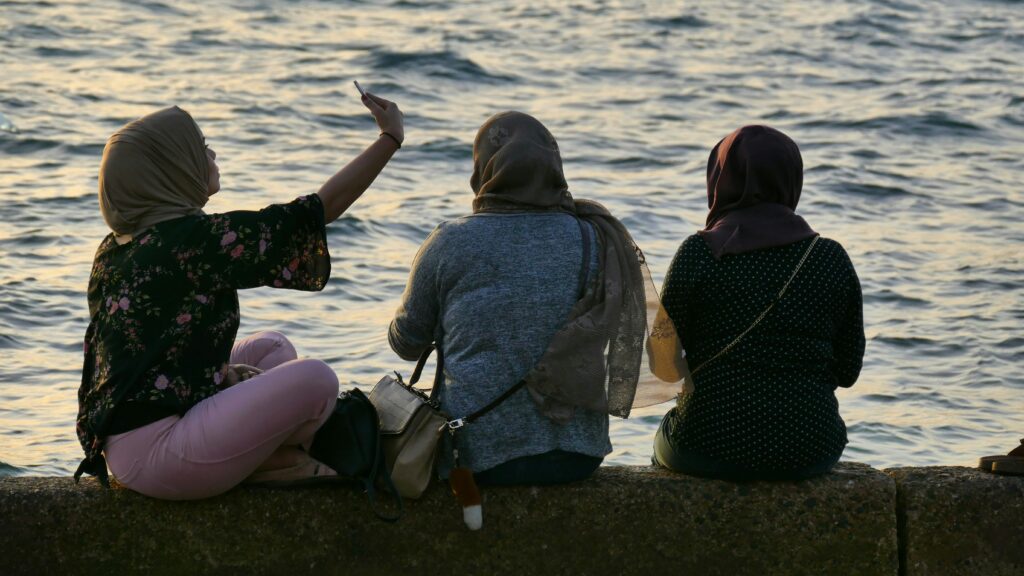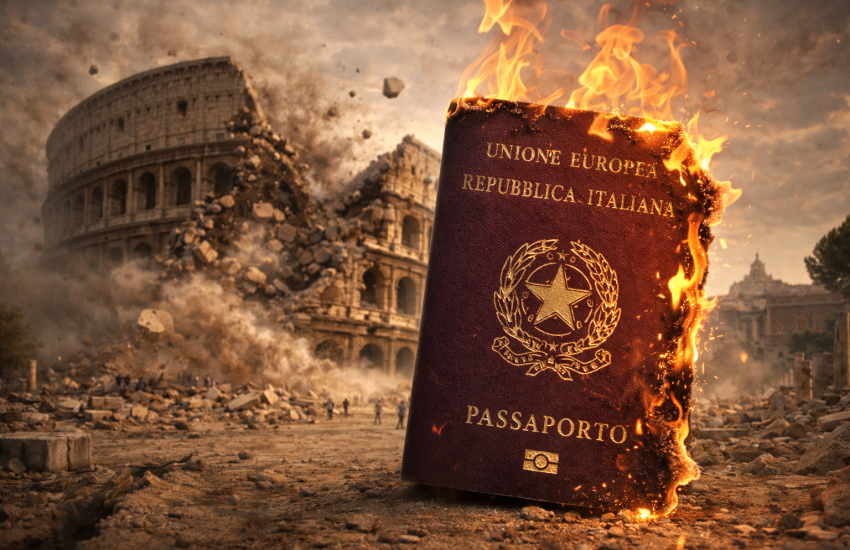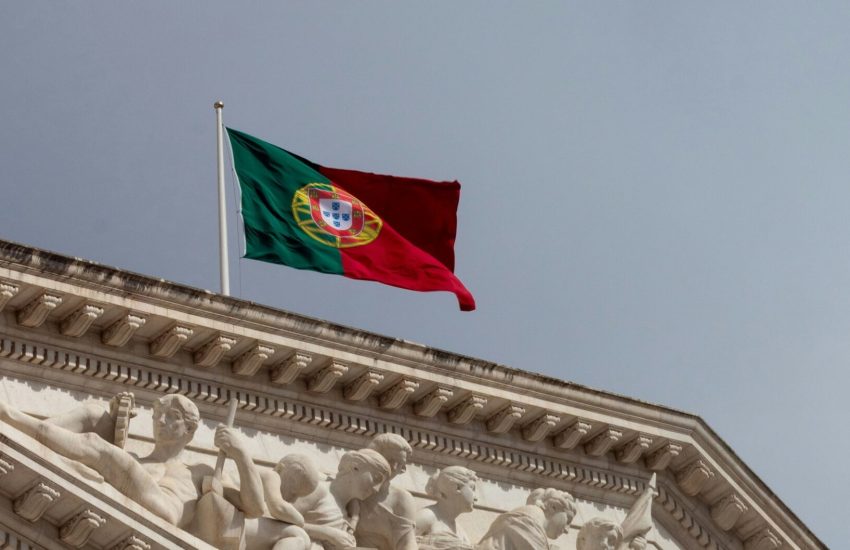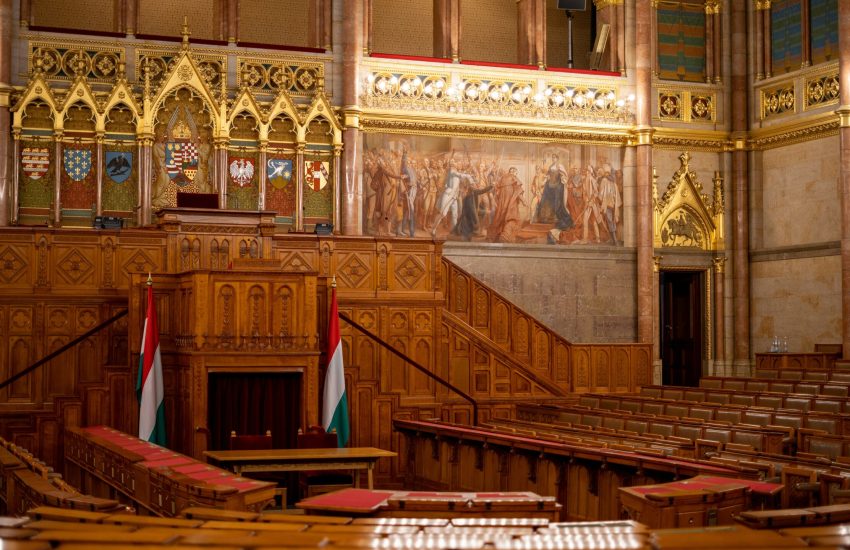Portugal has banned the use of the burqa in public spaces, following the trend of other European countries. The measure, approved by a majority in Parliament, restricts the wearing of garments that completely cover the face in public places such as government offices, schools, hospitals, and public transport.
The government justifies the decision as a matter of security and institutional neutrality, but the approval has already sparked debate among legal experts and religious leaders, who see a potential threat to individual freedoms.
Security and Neutrality as Key Arguments
The proposal was presented by the Ministry of Internal Administration and described as a “preventive and necessary” measure. According to the government, the use of clothing that completely conceals the face hinders personal identification and “may compromise the safe functioning of public spaces.”
Authorities emphasized that the law is not religious in nature but administrative, similar to regulations already enforced in France, Belgium, Denmark, and Austria, where such measures have been in place for over a decade.
Reactions and Criticism
Muslim associations and human rights organizations expressed concern. The Islamic Council of Lisbon stated that the decision “violates the right to religious freedom guaranteed by the Portuguese Constitution” and may increase stigma against Muslim women.
The High Commission for Migration also urged caution in implementing the measure, warning of the risk of “cultural and social discrimination.”
Political Support and European Context
Conservative and liberal parties supported the decision, arguing that the country needs to align with European security policies. The government maintains that the law reinforces “state neutrality” and promotes “social coexistence based on transparency and mutual respect.”
The Portuguese case echoes similar decisions in France (2011) and Belgium (2012), where constitutional courts ruled that such bans do not violate human rights, provided they are applied proportionally.
What Changes in Practice
Under the new law, the use of the burqa and any full-face veil that prevents facial identification will be prohibited in public institutions and spaces where identification is legally required.
Violations will result in administrative fines, without criminal penalties. The government also announced educational campaigns to promote gender equality and cultural integration.









